IGERT Experience:
Julie Shortridge: My experience as an IGERT trainee has not only been intellectually rewarding, but has also been tremendously helpful in developing my research and professional skills. Participation in the IGERT courses offered in other departments, as well as the monthly colloquiums, helped me identify the connections between my research and that of trainees and faculty in other departments. This made me better able to see how developments in different disciplines can inform each other and lead to innovative projects and research insights. Additionally, the capstone courses on the Chesapeake Bay and in Ethiopia were really valuable in demonstrating how research can inform real-world applications and address pressing issues related to water, climate, and health. I have no doubt that this experience made me a more competitive applicant when I began applying to jobs, because I was able to identify connections between my work and that of researchers in different fields and areas of emphasis, and articulate both the scholarly and practical impacts of my work.
Gina Tonn: The IGERT Water, Climate, and Health program helped me develop depth and breadth in my water resources knowledge and expertise. Through coursework and seminars, I gained useful understanding of the connections between water, climate, and health and the need for interdisciplinary research in these areas. The capstone courses in the Chesapeake and Ethiopia provided real-world, hands-on experiences of water, climate, and health issues in two diverse settings. The IGERT program provided excellent training and experience that I feel will enhance my career in water resources and natural hazard risk research
Steven Chow
In August 2014, I traveled with fellow IGERT trainees to Iquitos, Peru to conduct field research in the Peruvian Amazon. In this two and a half week experience, our team had to opportunity to design and conduct a study on a prototype dry compost toilet serving a family in the Belen District of the city. Through this study, we were able to develop a protocol to precisely quantify the amount of pathogenic indicator bacteria present in stored toilet compost. The protocol was shared with local health officials, and will hopefully be utilized to help assess the effectiveness of this sanitation technology. This was a remarkable experience, providing an opportunity to work in multidisciplinary teams on real-world problems at the interface of water and health topics.
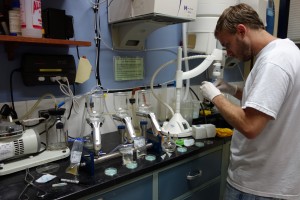 |
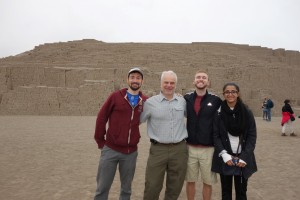 |
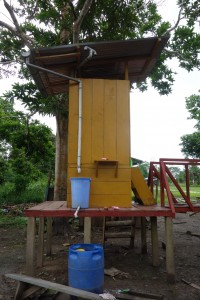 |
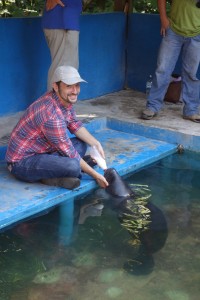 |
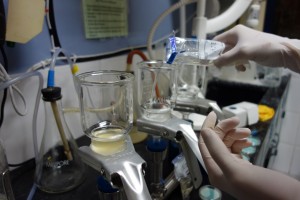 |
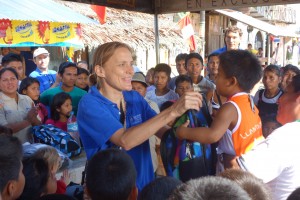 |
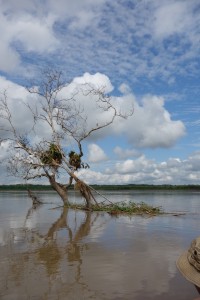 |
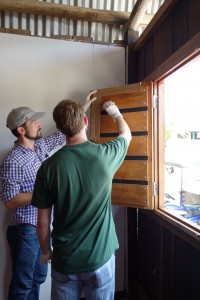 |
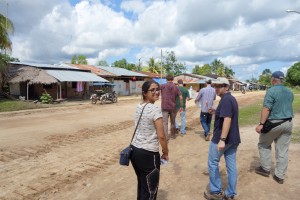 |
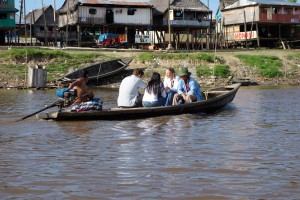 |
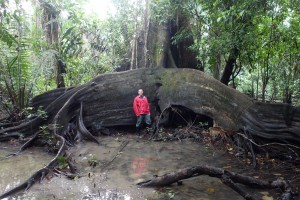 |
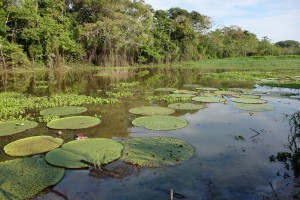 |
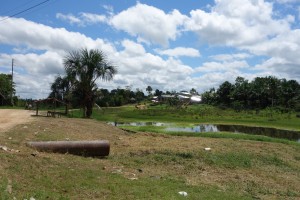 |
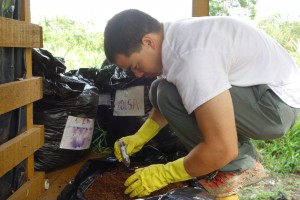 |
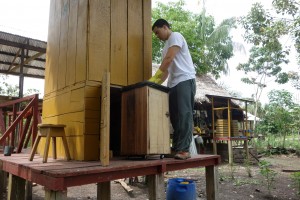 |
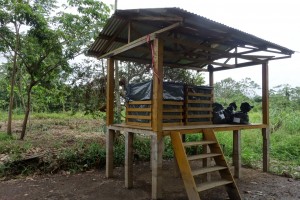 |
Karretta Venable
Gina Tonn
The capstone trip allowed me to experience first-hand some of the water and health issues that people in the highlands of Ethiopia face, and to better understand how climate change may impact their livelihoods and health. I also learned about some of the benefits and challenges of performing international research. I appreciated the opportunity to interact with international researchers, to learn about their research, and to brainstorm new research ideas with them.
Alexi Russell
The Ethiopia capstone was a very interesting experience. We learned a lot about water, health and climate issues is this specific setting. It was also interesting to be exposed to a different culture and environment.
Julie Shortridge
The summer capstone in Ethiopia was a great opportunity to learn about how issues related to water, climate and health impact people’s lives in this region of the world. Our on-the-ground interactions with Ethiopian farmers, health practitioners, and researchers was a great compliment to the IGERT classes we had taken back in Baltimore. Working with Ethiopian PhD students who also completed the capstone led to a number of interesting ideas for future collaborations.
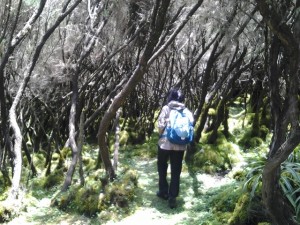 |
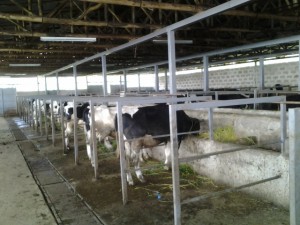 |
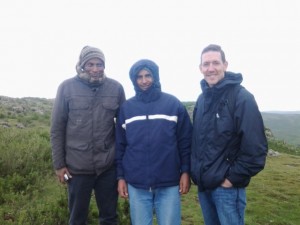 |
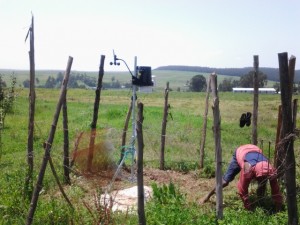 |
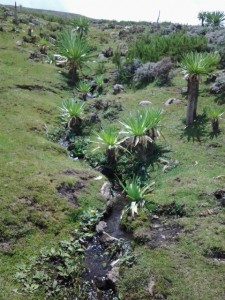 |
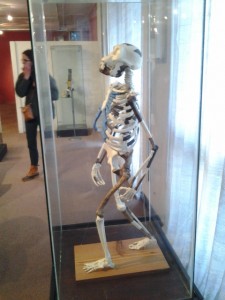 |
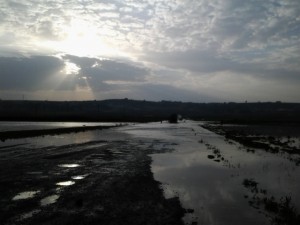 |
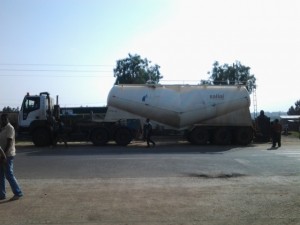 |
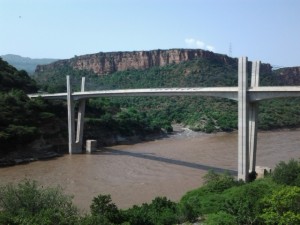 |
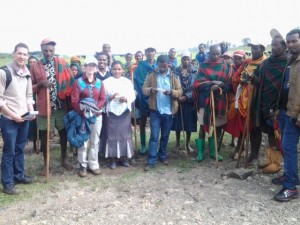 |
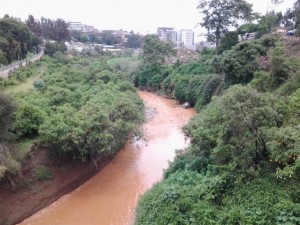 |
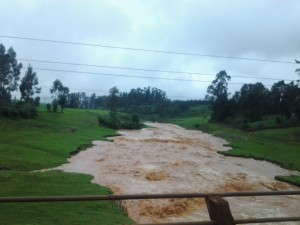 |
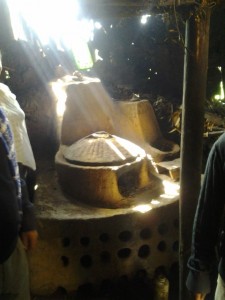 |
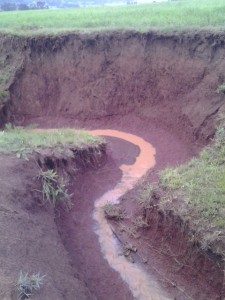 |
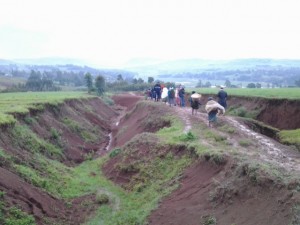 |
|

